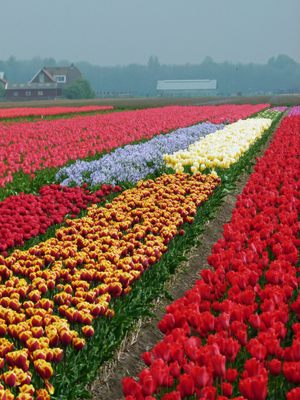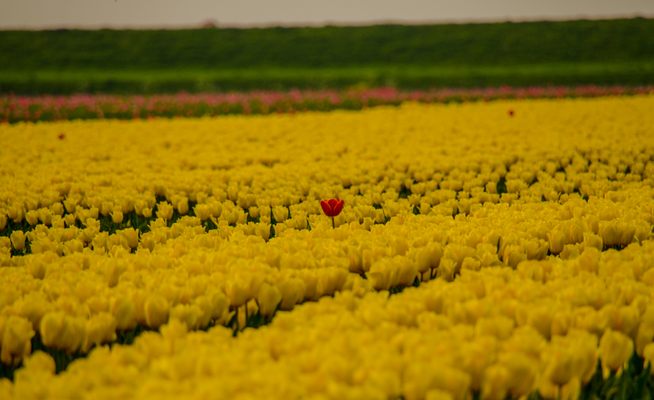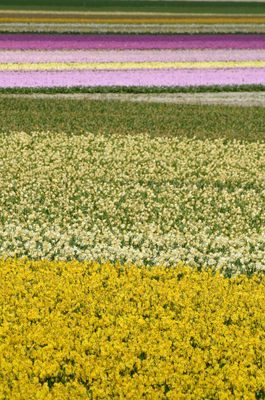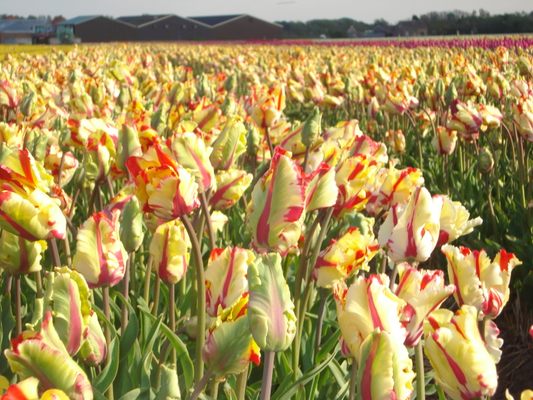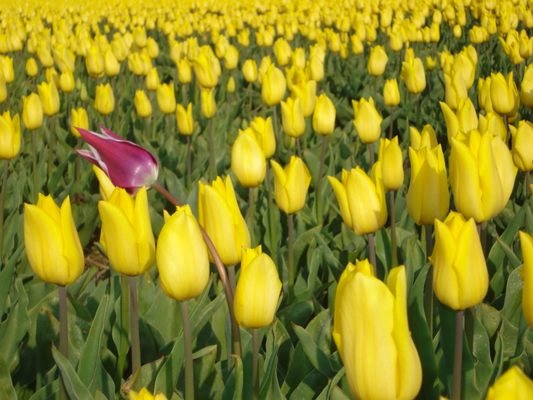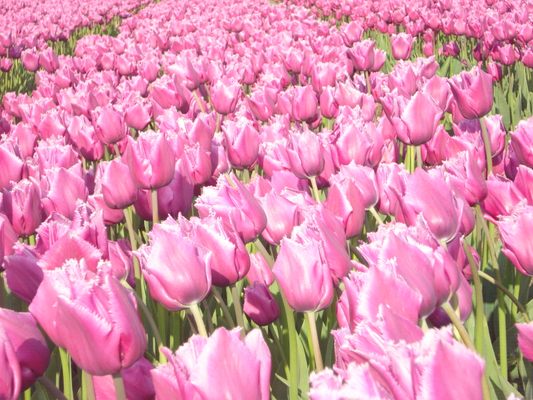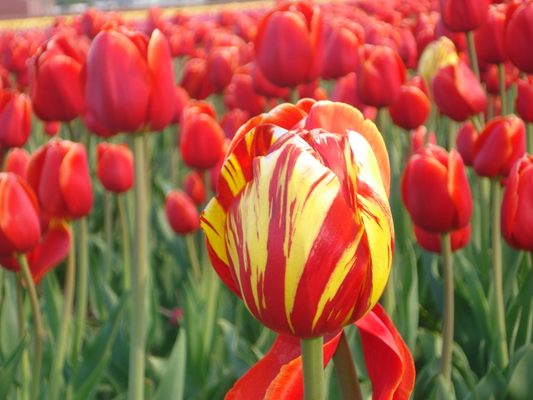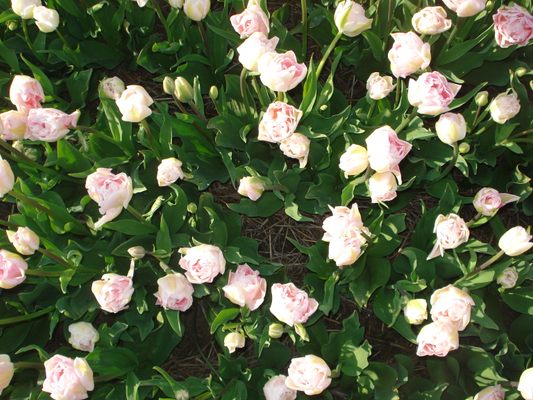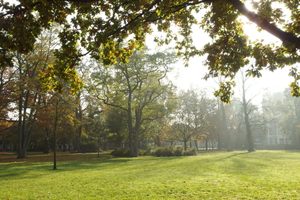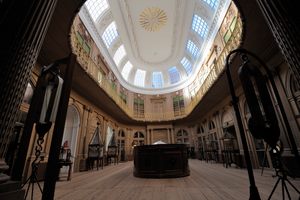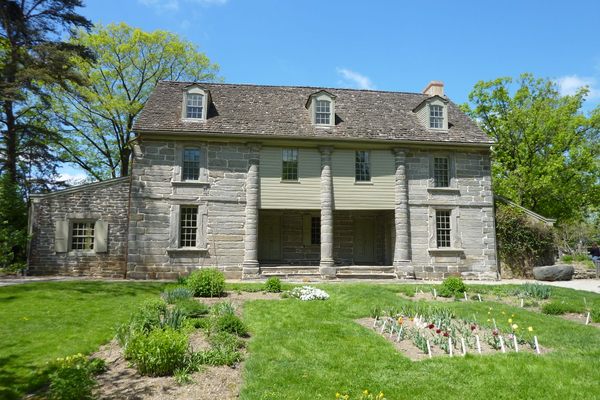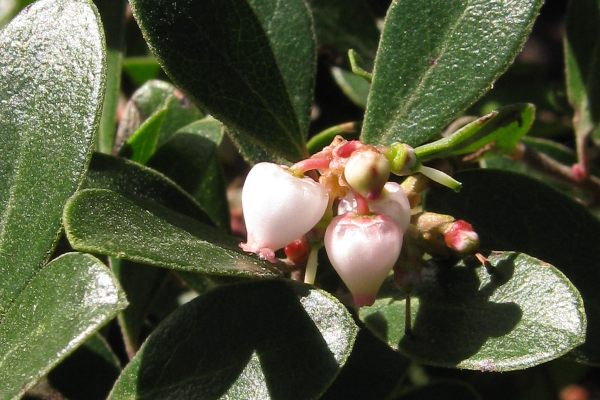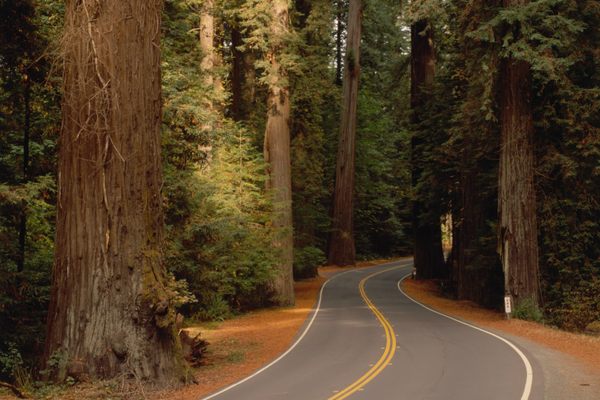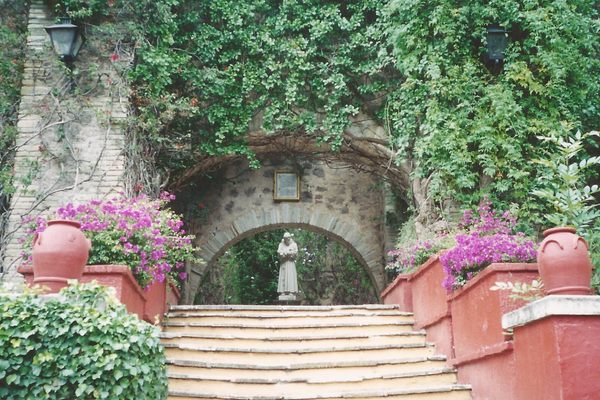About
Floral cultivation, also known as floriculture, began in the Netherlands in 1593, when the first tulip was planted on Dutch soil. Since then, the flower business has boomed, albeit in bizarre fashion.
In the 1600s, merchants from Amsterdam began to travel to the East Indies, and when they returned with remarkable profit, they built large estates surrounded by tulips. Suddenly, tulips became a status symbol in the Netherlands, and everyone wanted one.
As demand for tulips grew, a phenomenon referred to as “tulip mania,” the vendors of the flowers steadily raised their prices, and in 1634, speculators were introduced into the tulip market. A futures market was created, where vendors sold contracts which allowed buyers to purchase bulbs in the future, at the very end of the growing season.
By the winter of 1636-37, many of the bulb futures were changing hands a whopping ten times a day, and one singular bulb cost a ridiculous sum, equivalent to ten times the annual salary of a skilled craftsman. This market for tulips is often referred to as the world's first economic bubble.
Then, as the Bubonic Plague spread throughout the Netherlands, consumers stopped showing up to tulip markets, and the bubble burst. It sent the country into complete economic collapse, which had reverberations all across Europe.
Despite the economic collapse of the tulip market, tulip mania left its mark. Without tulip mania, the Netherlands wouldn't have the floral patchwork it has today. The biggest Dutch flower auctions bring in five billion dollars each year. The country is filled with flowers, so many that the road going through the largest cluster is 25 miles long.
This route is called the Bloemen Route, and it winds through a rainbow of colors, all Dutch tulips, fields of different pigments arranged next to each other like a floral quilt. So beautiful are some of these tulips that you might just want to spend ten times your annual salary to buy one.
The Bloemen Route starts in Haarlem and ends in Leiden. The famous town of Lisse, home to the world-renowned Keukenhof Gardens, is located at the heart of it. Instead of driving the route, you can rent a bike to enjoy the floral beauty to the fullest.
There's a yearly Flower Parade, featuring dozens of tulip-decorated floats, that largely follows this same route. It's called the Bloemencorso Bollenstreek and takes place around mid-April.
Related Tags
Know Before You Go
Peak-blooming season for the tulips is the second half of April.
Community Contributors
Added By
Published
May 20, 2016
Sources
- https://en.wikipedia.org/wiki/Duin-_en_Bollenstreek
- http://travel.nationalgeographic.com/travel/road-trips/flower-route-netherlands-road-trip/
- https://en.wikipedia.org/wiki/Tulip_mania
- http://www.workers.org/marcy/cd/samecris/eccrisis/eccris01.htm
- https://cosmopoliclan.com/travel-with-kids/inspiration/tulip-fields-netherlands/
